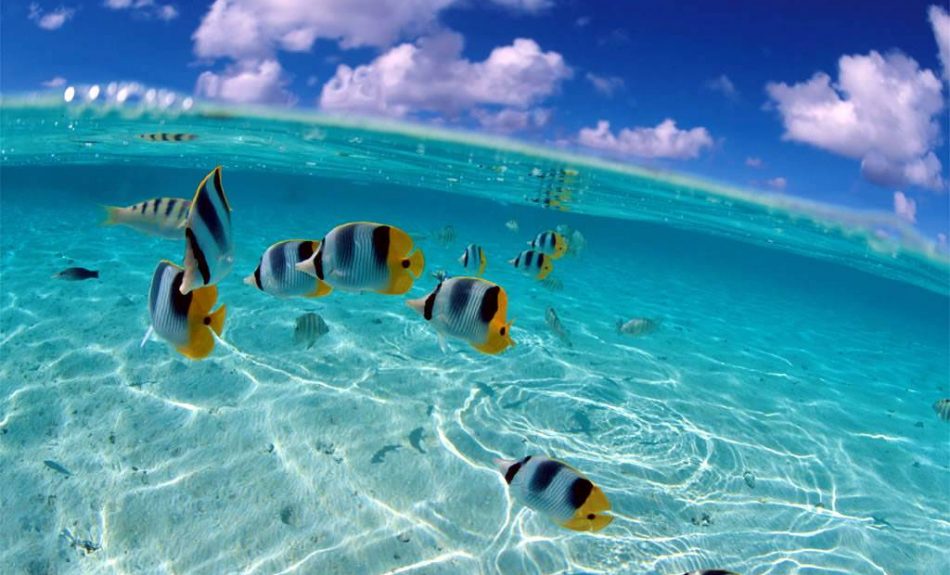Dive travel can be extremely rewarding and memorable. It can also be logistically a little challenging, as any travel has the potential to be. Here are a few tips to make any diving vacation go a little more smoothly:

1) Find out general travel recommendations for your destination.
Do you need vaccines? How long in advance should you have them? Do you need malaria medication? You may have to start taking that before you leave. How will these things make you feel? Will they impact your ability to work, etc? Book yourself an appointment with your GP and/or a travel clinic. If you’re in BC’s Lower Mainland there are several clinics in the area – the one at Broadway near Oak has always been very informative and helpful in my experience. There should be a consultation prior to getting poked and you should have a fairly clear idea of your itinerary before you go in. Some vaccines/medications may be recommended for more rural areas than major cities or tourist regions. Be aware not all tropical diseases have vaccines available and be prepared to take other recommended precautions like bringing along bug spray, mosquito nets, etc. Additionally, I have found that in some parts of the world, especially in less touristy areas, sunscreen can be surprisingly difficult to track down and/or quite expensive. Don’t take this (or other toiletries) for granted when you travel.
Do you need an entry visa before you go? Which one should you get? Do you need multiple entries? Check with local embassies/consulates.
Are there any dangerous areas to avoid? Often diving destinations are not located near a country’s main airport. If you are traveling to a more remote area, consider the safest ways to get there. An island hopper flight may be a little pricier than a local bus, but it may be the safer way to get yourself and your gear to your ultimate destination. Check out advisories here. I have found that exercising common sense and caution in regions with somewhat heightened advisories has been very safe, but only you can determine what you’re comfortable with. Vacations should be fun, after all. There is great diving all around this big, blue planet and if one destination may not be favourable to travel through, you can probably find an amazing alternative.
2) Consider your gear. Really think about what you may need to purchase or service.
Are you bringing your dive equipment with you? If so, how are you packing it? Don’t be like me. Try packing it well ahead of your trip and make sure it all fits and that you adhere to airline weight limits if need be so you don’t have to pay for excess baggage on 3 flights.
Have you had your regulators serviced recently? It can take some time to get them back. Are you buying new gear, a new suit? Remember special orders (especially items like custom drysuits, wetsuits, undergarments) can take some time to make and then some more time to ship, especially if they are from out of the country originally. Do you have the gear you need for the conditions you will be encountering, including safety gear? Check with local dive shops/operators in the area to find out if anything in particular is recommended or required that may not already be in your kit.
3) Know the rules and follow the rules.
There are plenty of responsible, reputable dive operations and dive professionals all around the globe. However, there are also some of the alternative out there. If you are a little foggy on diving procedures and rules, it is a good idea to review your materials. If it has been several months or years since your last dive/course then you may want to consider some form of Scuba Tune-Up.
Have the tools you need to track the information you need. Make sure you are familiar with the SPG you are using. If you are in a part of the world that uses PSI and you are used to BAR or vice versa, then let someone know before the dive and ask for a briefing on the standards for ‘full,’ ‘half,’ ‘low,’ et cetera.
Also, you want to track your own dive profile. Make sure you know how deep you are, how long you’ve been there and how much longer you can safely remain. That way, if you are inadvertently diving slightly deeper then the rest of your group, if you get separated or if your dive leader isn’t paying attention to their own limits you can end the dive when you need to. Having your own dive computer is one of the best options to keep yourself safe – it will also give you emergency decompression information and help you control your ascent rate. Some will track your no-fly time, as well. Although we like to recommend taking 48 hours off of diving before you fly, regardless. Better safe than sorry. See some local sites topside, do some souvenir shopping, enjoy the beach…
Aside from diving rules, also make sure you familiarize yourself with basic laws and customs of the place you are visiting. Not only is it good manners, but it can also be important to your overall safety.